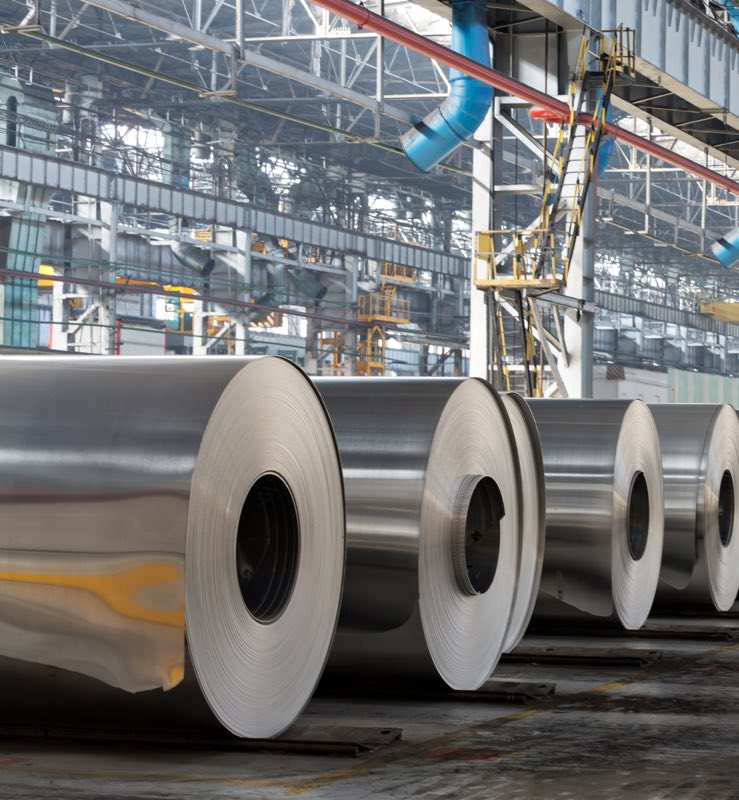HAWESVILLE, Ky. — When Bill Hughes went to fight in Iraq in 2003, members of his Army unit lined their vehicles with scrap metal, sandbags and bulletproof vests to protect themselves from roadside bombs. By the time his younger brother Ryan Young was in Iraq in 2008, the vehicles were made of a high-purity aluminum alloy that was much more effective at absorbing the blast.
“At the beginning of the Iraq War, the Humvees were folding up like pop cans,” Hughes said. “It was a really big deal until they started putting the different metals in.”
Today, Hughes and Young work side by side here at the last U.S. smelter that makes the high-purity aluminum used in armored vehicles, sons of a region where jobs in the metal industry, ubiquitous for decades, have become a rapidly disappearing way of life. Hawesville’s Century Aluminum Co. plant constantly teeters on the edge of shutting down, typical in an industry where a glut of cheap metal from China has forced many plants to close.
But hope came to Hawesville in April, when President Trump announced that his administration was considering restricting imports of foreign-forged aluminum in the name of national security, arguing that domestic plants needed to be protected to ensure that the country can make its own war machines. “When that come out, there was a buzz in the area. You could just see the excitement on people’s faces,” said Hughes, 34.
A decision by the Trump administration to use national security to protect an industry would be among the most dramatic — and risky — moves in the president’s trade agenda, which seeks to limit what he regards as unfair foreign competition. While intervention could be a boon for Hawesville, it could raise prices for other customers and companies — including the federal government, which ultimately buys the armored vehicles and fighter jets made from the aluminum.
And amid the debate over how far the government should go to protect certain industries in the era of global competition and technological change, some trade and industry experts are questioning whether the administration is simply using national security as an excuse for economic protectionism. The decision — based on a Commerce Department investigation — will come out in June, Trump said in a tweet Saturday night. “Will take more action if necessary,” he wrote.
The debate over aluminum’s future in the United States comes after 20 years of China flooding the global market with the natural resource, depressing prices to a level where few U.S. companies can compete. The United States has gone from having 23 operational aluminum smelters in 1993 to just five today, with only two running at full capacity.

